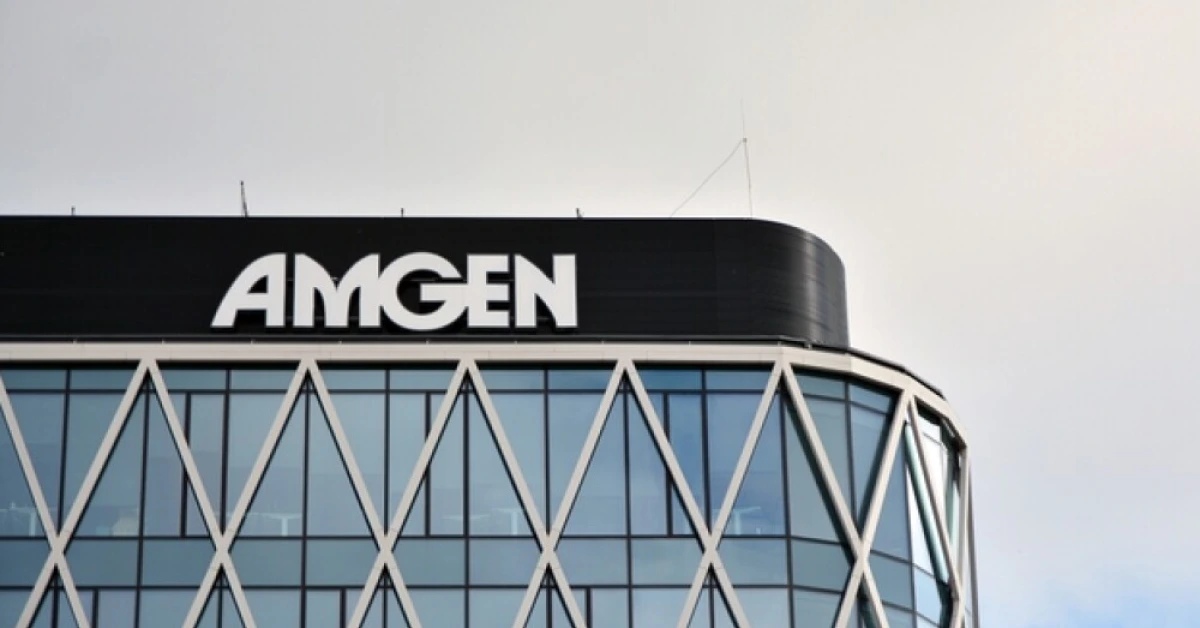
USA – Amgen and Ideaya have decided to discontinue their cancer combination therapy program.
This includes halting tests on the PRMT5 inhibitor AMG 193 in combination with the MAT2A inhibitor IDE397, which was being developed for advanced non-small cell lung cancer (NSCLC).
According to Ideaya’s fourth-quarter report, the two companies mutually agreed to end the program this month and will not pursue any further dose expansion.
Ideaya also revealed that, following this decision, it will shift focus to studying its MAT2A inhibitor IDE397 in combination with its own PRMT5 inhibitor, IDE892, for non-small cell lung cancer.
Despite this setback, Amgen will continue to advance AMG 193 on its own. The company is running a mid-stage trial of AMG 193 in patients with MTAP-null advanced non-small cell lung cancer.
Last year, Amgen reported promising data from early trials of AMG 193 monotherapy, showing a 21.4% objective response rate across eight different types of cancer, including pancreatic adenocarcinoma and squamous/non-squamous non-small cell lung cancer.
However, the treatment also came with side effects. Around half of the patients experienced adverse events, with nausea (48.8%), fatigue (31.3%), and vomiting (30%) being the most common. Some patients also experienced dose-limiting toxicities.
Amgen is continuing to test AMG 193 in a Phase II study for advanced NSCLC in MTAP-null patients. Additionally, the company is conducting Phase I/Ib/II studies of AMG 193 in MTAP-null solid tumors and in combination with other therapies for thoracic malignancies, gastrointestinal cancers, and pancreatic cancers.
This decision comes as Amgen faces other challenges. In its recent quarterly report, the company announced that the FDA has placed a clinical hold on its obesity drug AMG 513.
Additionally, Amgen is stopping the development of fipaxalparant for diffuse cutaneous systemic sclerosis due to poor results in mid-stage trials.
XRP HEALTHCARE L.L.C | License Number: 2312867.01 | Dubai | © Copyright 2025 | All Rights Reserved